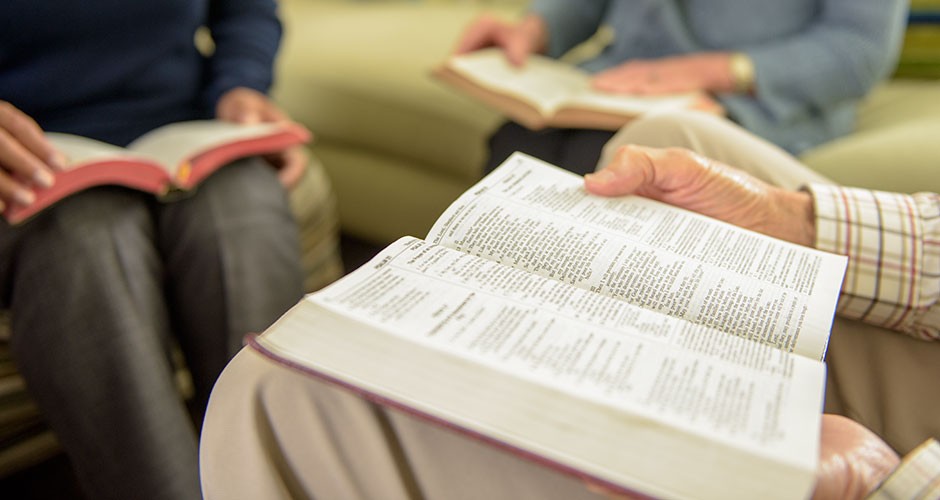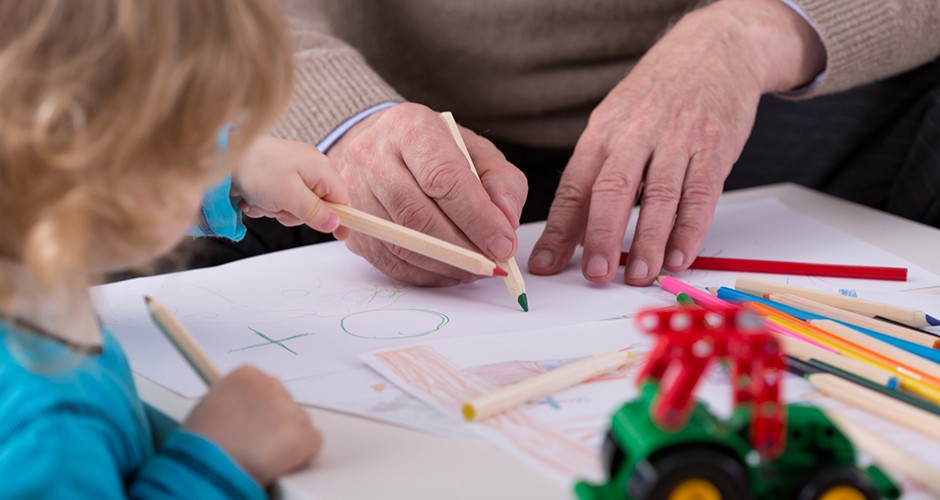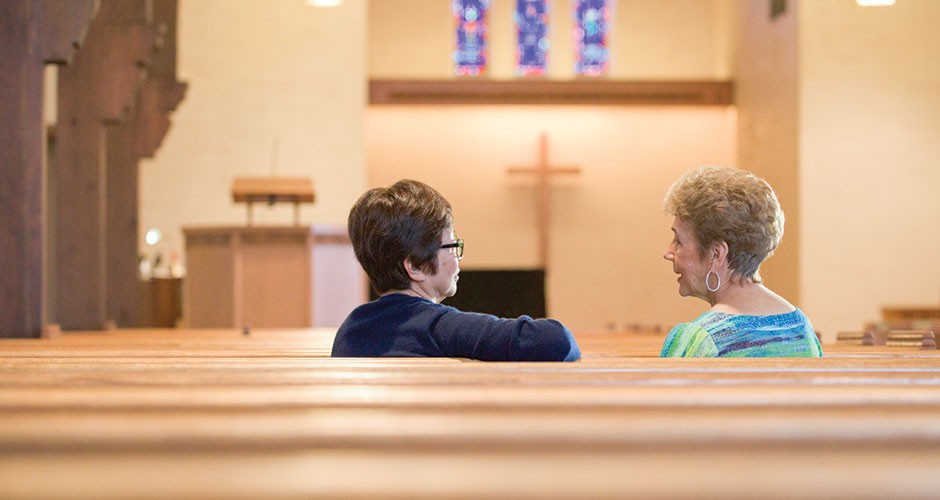Keeping a daily routine and serving others can help alleviate loneliness after the loss of a loved one. We have suggestions for overcoming loneliness, particularly for older adults.
1. Be honest about your feelings.
Don’t sugarcoat your emotions with God, yourself or others. God wants you to share your struggles with him. When you express your feelings with family, friends and caregivers, that’s when they can help you. David’s openness was evident in Psalm 42 when he asked himself, “Why, my soul, are you downcast? Why so disturbed within me?”
Another way to let your feelings out is through journaling. It can help improve your mental health and wellness.
2. Practice positive self-talk.
Start your day with encouraging thoughts and tell yourself you’re not going to sit at home again. Plan to call your friends and schedule a coffee gathering or a walk to decrease social isolation. Then take the initiative and do it. Many friends will gladly accept your invitation.
Ask God to help you choose positive thoughts and ask him to provide meaningful friendships. Psalm 42 serves as inspiration in this area of life, too, as David reminds himself, “Put your hope in God.”
3. Continue doing what’s meaningful.
It might seem easier to withdraw if you can’t physically do what you used to be able to do. Dial back the intensity as needed, but maintain some version of your routine, doing whatever gives your life structure and meaning. That might mean taking a daily walk, attending a worship service or seeing a friend for some social interaction. Consider getting a pet since they make great company and can help you be more active.
4. Get with God every day.
Recent studies suggest that faith protects against loneliness: Partly it’s the social network that a church or synagogue provides, and partly it’s the sense of connection to God. Don’t forget to seek wisdom in Scripture. For comfort and strength when you’re lonely, read these Bible verses: Psalm 37:23-25, Psalm 68:5-6, Isaiah 26:3, Deuteronomy 31:6 and 1 Peter 5:7.
5. Do something for someone else.
Research shows that doing good helps us feel better. There are simple things you can do, such as inviting a neighbor over for coffee or baking something for a friend. If you’re looking to do more, many places need volunteers. Search community websites or check with your church or local library. A benefit of many volunteer opportunities is they often don’t require money or special skills; just willingness and time.




